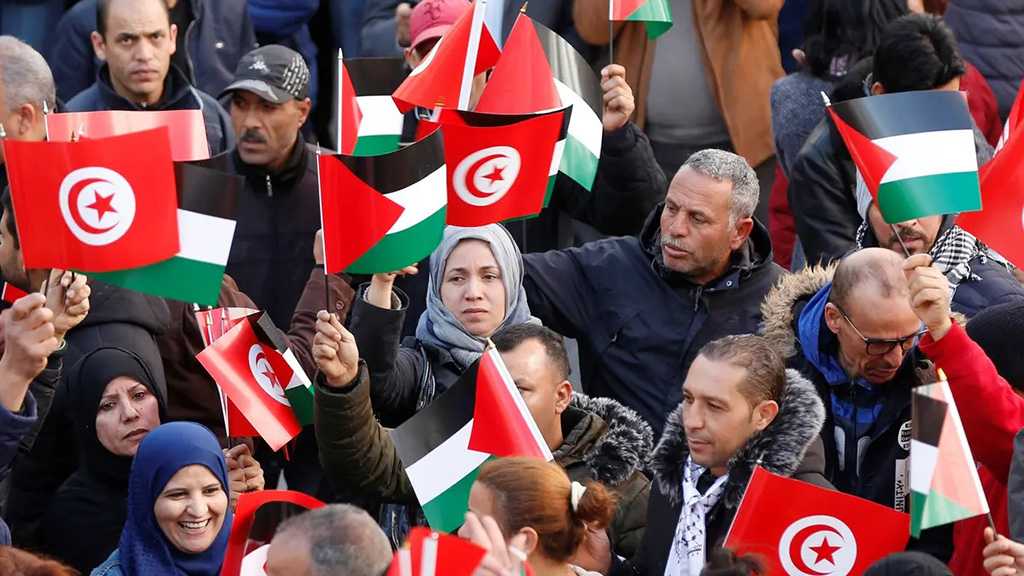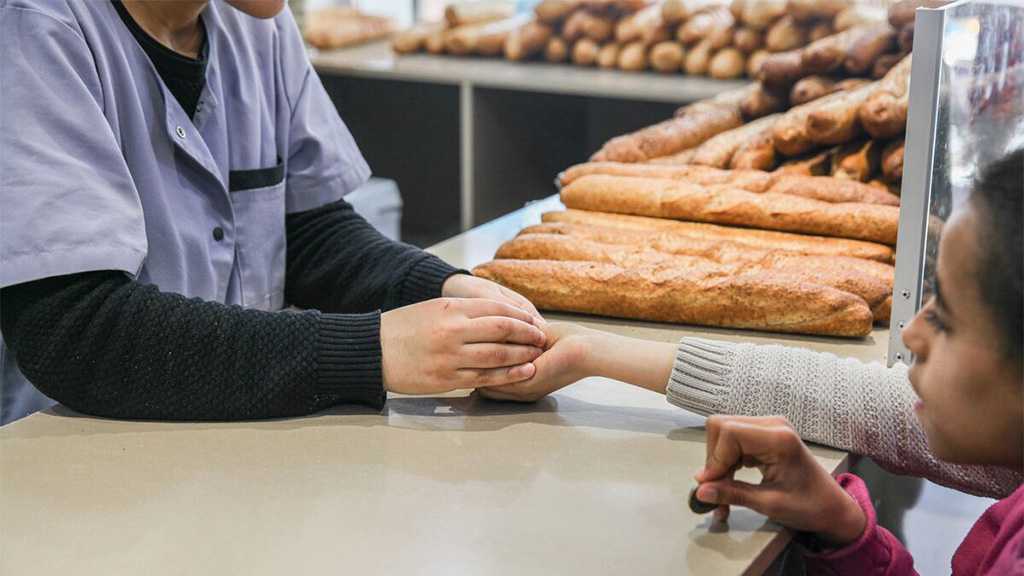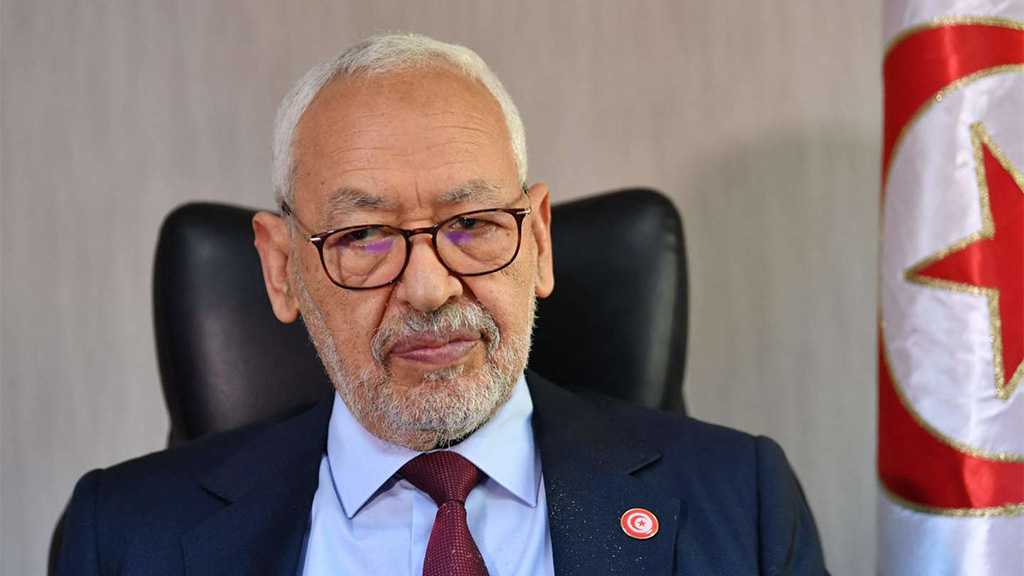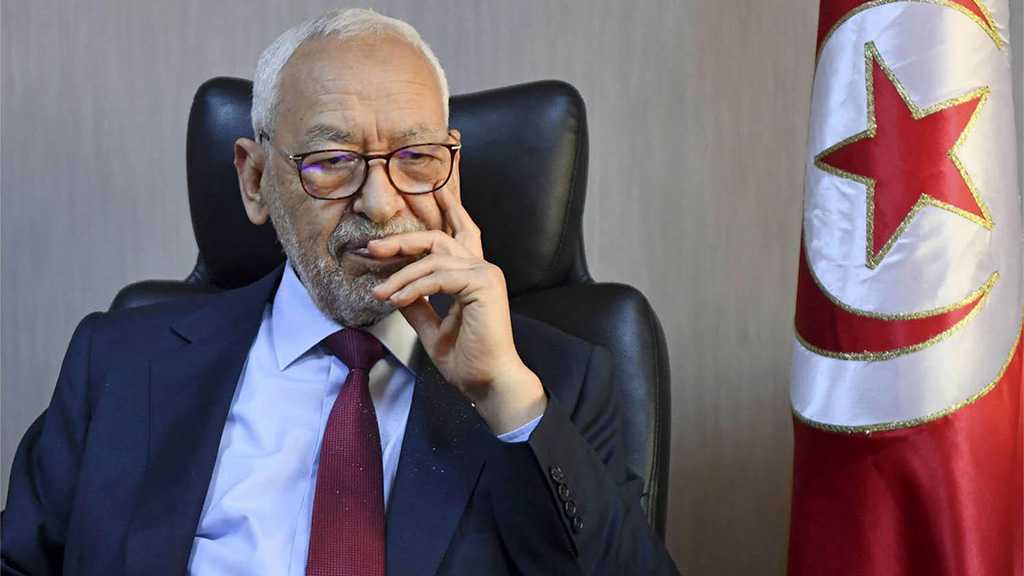Tunisia Unrest: 200+ Arrested as Opposition Urges More Protests
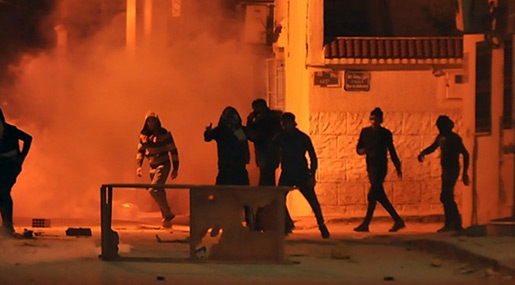
Local Editor
Tunisia's main opposition party Tuesday called for protests to continue until the government scraps its "unjust" 2018 budget including price and tax hikes, as new demonstrations erupted a day after one demonstrator was killed in clashes.
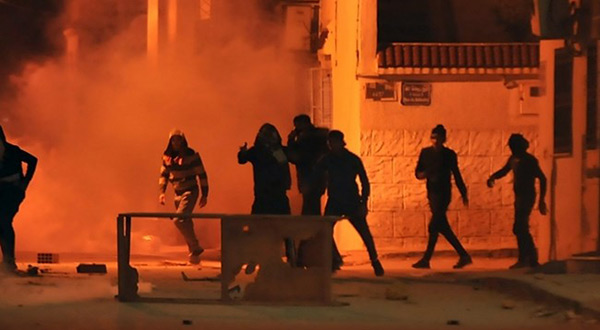
Protests erupted in more than 10 towns across Tunisia Monday against the price and tax increases imposed by the government to reduce its ballooning deficit and satisfy its international lenders.
One protester was killed in Tebourba, a town 40 km west of the capital Tunis, and new clashes broke out in the town on Tuesday, witnesses said. Soldiers could be seen there and in Jelma, a central town where clashes were also reported.
Hundreds protested peacefully Tuesday on central Tunis's Avenue Habib Bourguiba, scene of the mass protests that ousted Zine El-Abidine Ben Ali in 2011.
More than 200 people were arrested and dozens hurt during clashes in several parts of Tunisia, the interior ministry said Wednesday, after a second night of unrest driven by anger over austerity measures.
Ministry spokesman Khalifa Chibani told local radio that 49 police officers were wounded during clashes across the country and that 206 "troublemakers" were arrested.
Properties were damaged, he said, including a branch of the Carrefour supermarket chain in the suburbs of Tunis that was looted.
Police and army forces were deployed in several cities during the night, including in Tebourba 30 kilometers west of the capital Tunis, where hundreds of young people took to the streets after the funeral of a man in his 40s who died in unrest on Monday night.
Police have insisted they did not kill the man. The results of an autopsy have not been made public.
Unrest was also reported in the southern city of Gafsa, in Kasserine in central Tunisia and in Sidi Bouzid, the cradle of the protests that sparked the 2011 Arab Spring uprisings.
Tunisia has seen several days of demonstrations after activists and politicians denounced hikes in value-added tax and social contributions introduced at the start of the year as a tough new budget was implemented.
Protests are common in the North African state in the month of January, when Tunisians mark the anniversary of the 2011 revolt that unseated dictator Zine El Abidine Ben Ali.
The country has been hailed for its relatively smooth democratic transition but seven years after the revolution tensions over economic grievances are high.
Tunisia has had nine governments since then and none of them have been able to tackle the growing economic problems.
Late last year, the government agreed to a four-year loan program with the International Monetary Fund worth about $2.8 billion in return for economic reforms.
Public anger has been building since Jan. 1, when the government raised the prices of petrol and other items and hiked taxes on cars, phone calls, internet usage and hotel accommodation as part of those economic reforms.
Source: News Agencies, Edited by website team
Comments
- Related News

